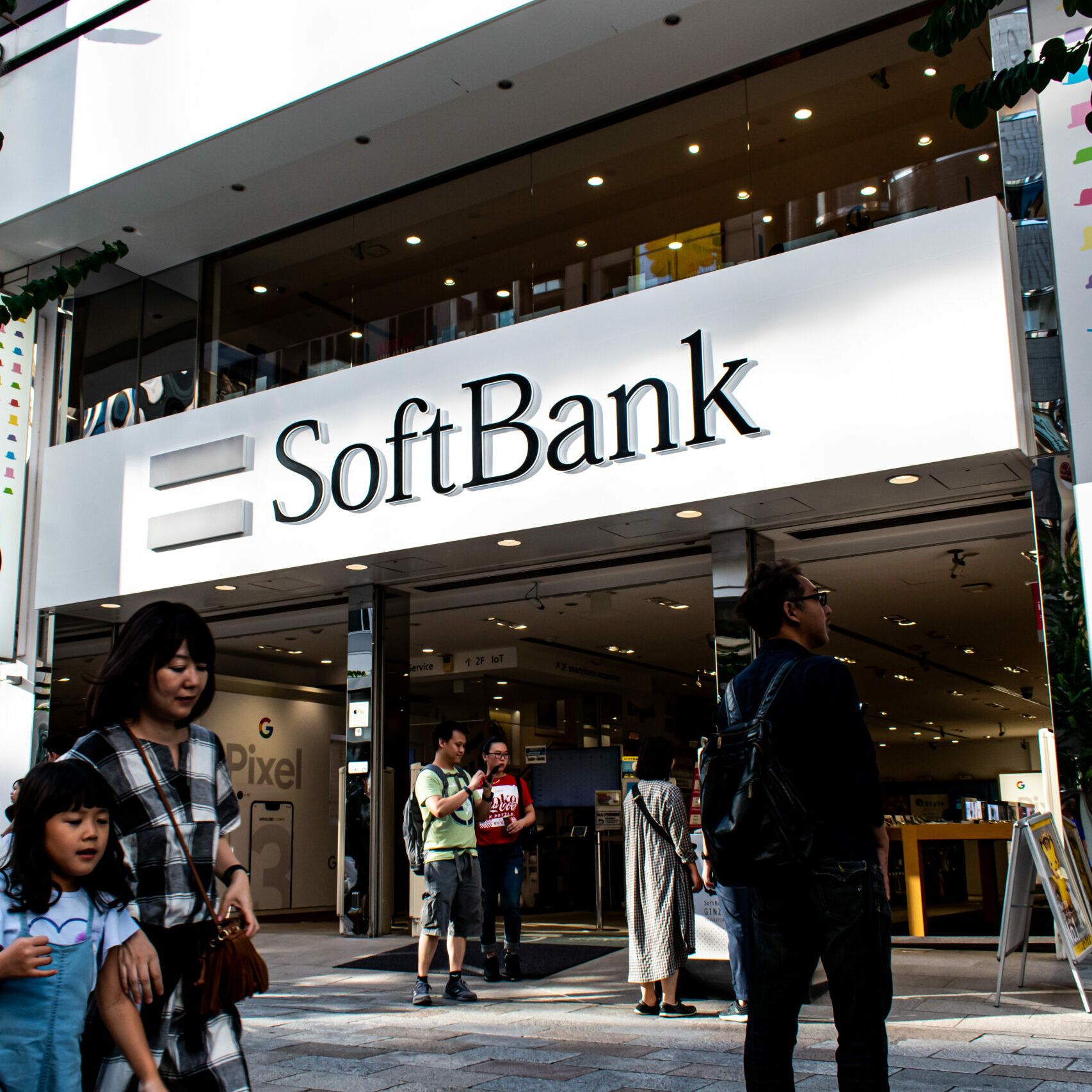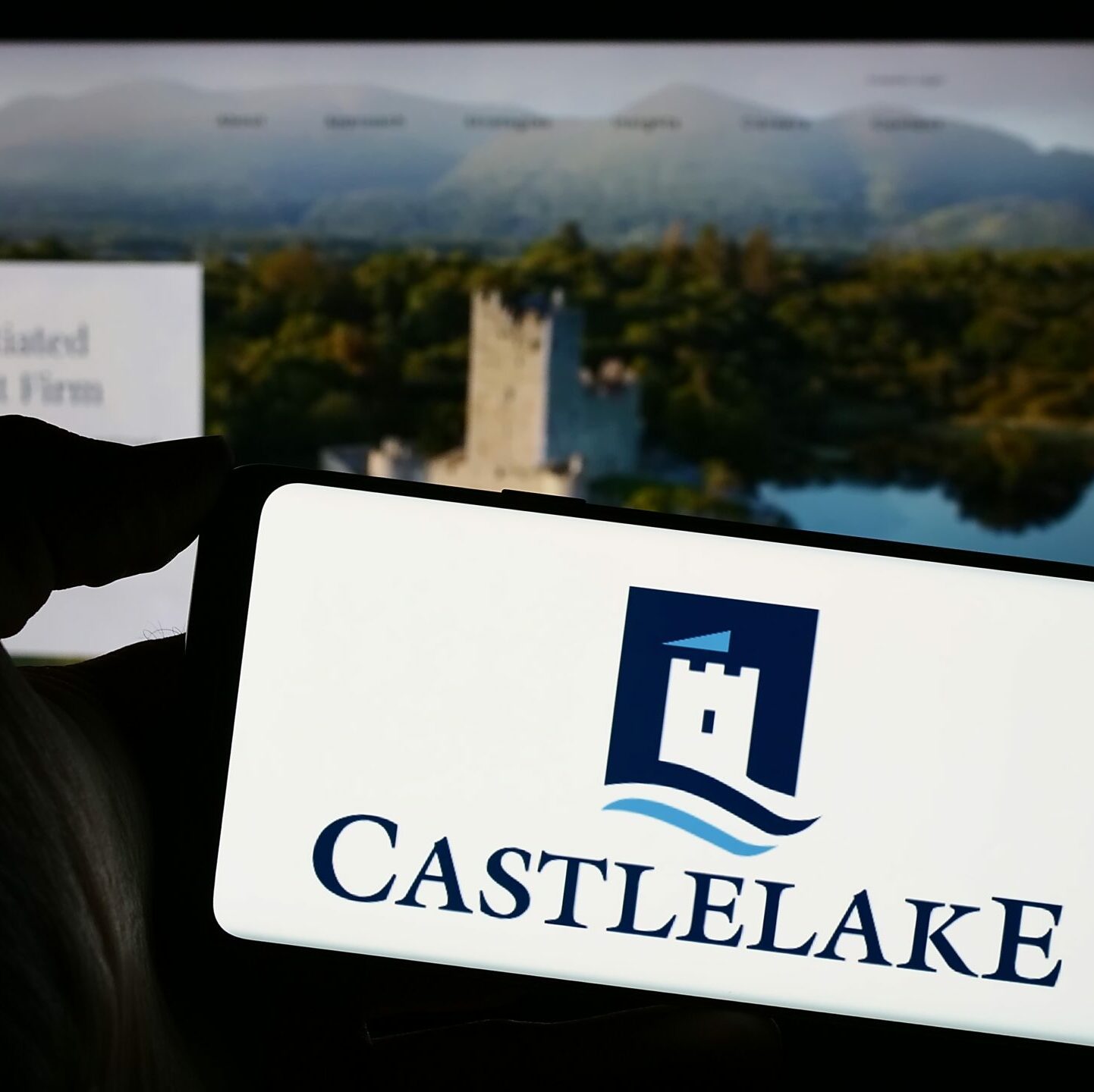Uruguayan fintech payments company dLocal, the country’s first unicorn, has raised USD617.65 million in its initial public offering, which started trading on Thursday on the Nasdaq under the symbol ‘DLO’.
Of the shares sold, close to 4.4 million were by dLOcal and 25 million by its existing investors. JP Morgan, Goldman Sachs, Citigroup and Morgan Stanley were the lead underwriters for the IPO.
Led by its 30-year-old CEO Sebastián Kanovich and headquartered in Uruguay, dLocal is the first unicorn to come out of one of South America’s smallest countries. Kanovich is a pioneer in the EM payments space, having spun off dLocal from AstroPay in January 2016.
The startup, whose high-profile backers include General Atlantic and Mastercard, has managed to capitalise on pandemic-related changes in consumer patterns and payment behaviour. Priced 29.4 million shares at USD21 per share – which was above its indicated USD16-USD18 range – the IPO valued dLocal at USD 6.06 billion.
“We reached a stage last year where we felt that being public would give us three things: one, as a payments business is great being public as it gives you a public currency to talk about with your merchants, second, it helped us to continue building credibility and branding, in terms of getting our story out there,” says dLocal’s COO Sumita Pandit. “And lastly, we view it as a retention tool. Being public will help us in hiring people globally.”
With staff across the globe in Israel, Uruguay, Argentina and the United States, the lion share of dLocal’s clients are in streaming, financial institutions, advertising, SaaS, travel, e-learning and gaming.
The platform was built in order to connect to over 600 local payment methods, and to process payments for global operators in emerging markets including Amazon.com Inc, Spotify Technology SA, Didi, and Kuaishou.
Having started off in Brazil and Mexico, the company then expanded to Nigeria, Egypt and other African countries, and most recently into India, Bangladesh, Vietnam, and Indonesia. It now operates in 29 countries in Asia, Africa and Latin America.
“We’re moving more and more towards Africa and Asia. While Latin America will always be our core, a lot of the growth is coming from outside LatAm,” explains Pandit.
Accelerated by the global pandemic, the payments industry is experiencing a widespread shift toward digital payment – in 2020 consumers and businesses worldwide made over 454 billion purchase transactions on global network cards, per the ‘US Consumer Payment Systems’ Nilson Report published in December 2020.
Moreover, the share of e-commerce as a percentage of total global retail payments volume expanded to 21 percent last year, compared to 16 percent in 2019.
There are three key trends driving dLocal’s growth, according to Pandit: online shopping, the growth of the middle class and the complex infrastructure of these markets.
“In the last two to three years we’ve seen tremendous acceleration of online shopping in emerging markets. We are focused on connecting large global merchants with users in emerging markets, so we benefit from the trend where a lot of users in emerging markets today want to buy products and services online,” says Pandit.
In Pandit’s view, more and more users want to use the exact same products and services that users in the US and Western Europe have always had access to as EM’s middle class grows.
“So we’re democratising that access for users in emerging markets. There’s no reason for users in those countries not to have access to them,” she explains.
While emerging markets are high growth, they present complexities for merchants given the fragmented payment systems, something which is compounded by the different tax frameworks and local regulations.
“We operate in Brazil, Mexico, Colombia, Egypt, India, Bangladesh; all of the markets that we are connecting and building infrastructure for are very complex. Our merchants want to use us because they see growth in these markets,” Pandit comments.
General Atlantic, which was also an early investor in Ardian, came into dLocal’s capital structure early on. Today dLocal has seen an inflow of USD60 million in investment from investors such as General Atlantic, Andres Bzurovski Bay Izba, Aqua Crystal Investments and Unsal Holdings.
dLocal’s listing follows several recent IPOs within the payments sector, including Paymentus Holdings, Flywire Corp and Marqeta, which is set to go public next week. After offering 10 million shares in the IPO, Paymentus raised USD210 million last month, while Boston-based Flywire, which was founded by Spanish serial entrepreneur Iker Marcaide, raised USD250 million and hit a USD3.5 billion valuation by the end of its first trading day.
Pandit believes the online shopping trend will continue past the end of the global pandemic. “Even as the pandemic goes away, a lot of us will not go back to shopping in stores. It will remain competitive for private equity to get into companies that are solving complex problems. Instead of consolidating, there are more and more providers coming up in emerging markets, because there is always a better solution,” she says.






